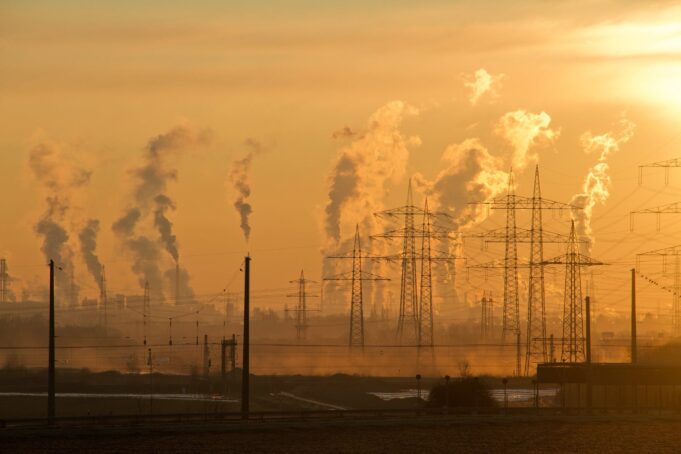WASHINGTON, D.C.—The challenges of environmental justice were brought center stage at a recent town hall meeting in the city’s poorest community, Ward 8. The event was sponsored by Advisory Neighborhood Commissioner Salim Adofo, Chairman of the Advisory Neighborhood Commission 8C. The goal was to bring Ward 8-based organizations together to develop a strategic plan to address critical environmental justice issues throughout the ward. Organizations included the Ward 8 Woods, We Act Radio, and the NAACP D.C. Branch.
“Ward 8 is plagued with various environmental issues such as air quality, illegal dumping and heat island effect,” Mr. Adofo told The Final Call. “These issues manifest in our daily lives as mold, lead in our water, large amounts of trash laying around and unsafe neighborhoods. Coupled with inconsistent access to quality food, healthcare and financial resources, these issues severely reduce the quality of and longevity of life for Ward 8 residents.”
“Therefore, it’s imperative to bring all concerned citizens together to address these issues and make a healthier and safer community for all. The disrespect of our neighborhoods has to stop immediately, perpetrators need to be held accountable and a Ward 8 Environmental Justice Task Force can be part of that solution.”
Asthma is a serious environmental condition for people living in poor neighborhoods. An asthmatic person’s air passages become inflamed and narrow making it difficult to breathe. Asthma is a common long-term childhood disease, but it also affects millions of adults. Symptoms can include tightness in the chest, coughing, and wheezing. These symptoms are often brought on by exposure to inhaled allergens, such as dust, pollen, mold, cigarette smoke, and animal danger, or by exertion and stress.
The D.C. Health Equity Report explains that asthma is impacted by environmental pollutants from outdoor and indoor sources. Wards 7 and 8 had the highest concentrations of vulnerability, as well as a large elderly population. Further, the Children’s Law Center found that a child with asthma in the poor communities of Ward 7 and 8 is 20 times more likely to end up in the emergency room for asthma than a child living in the more affluent Ward 3.
Tene Lewis, a Ward 7 community activist with the Campaign to Reduce Lead Exposure and Asthma, helped organize the town hall. She told The Final Call, “It’s very important that the residents know that they’re impacted by environmental issues. We are often the ones left out of the conversation, but mostly impacted by the environmental injustices.”
“It’s important that the residents are aware of how they’re being impacted and what they can do to address the issues. Therefore, we put on this environmental justice town hall for the residents and organizations to work together collaboratively to address the issues and to bring these concerns to the attention of the D.C. Council, the mayor’s office, and responsible parties.”
Anthony David is the Environmental Justice Organizer for Empower D.C. Their work includes organizing and mobilizing a grassroots base of impacted low-income residents to win increased funding for childcare subsidies, creating and strengthening some of D.C.’s most critical affordable housing laws, and working to stop a polluting bus depot from locating in the heart of a low-income Black community.
Mr. David spoke at the town hall about the need to be informed about environmental justice issues. “Southeast has one of our highest rates of Black residents. Just because issues of environmental justice aren’t usually talked about within that community, I would like to see more Black people within the environmental spaces. There aren’t enough Black voices within those spaces. A lot of our Black residents, especially in Southeast, are facing environmental conditions as it relates to housing,” he told The Final Call.
“Trying to make that connection between environmental justice and housing is a huge thing, especially in the southeast area,” he added.
Henrietta Thompson is a Ward 8 resident. The town hall, held Nov. 15 at RISE Demonstration Center, helped her understand what environmental justice was all about. She told The Final Call, “There are so many things going on that we don’t know about. My grandchildren have asthma and I never knew what caused it. This information was very helpful.”













